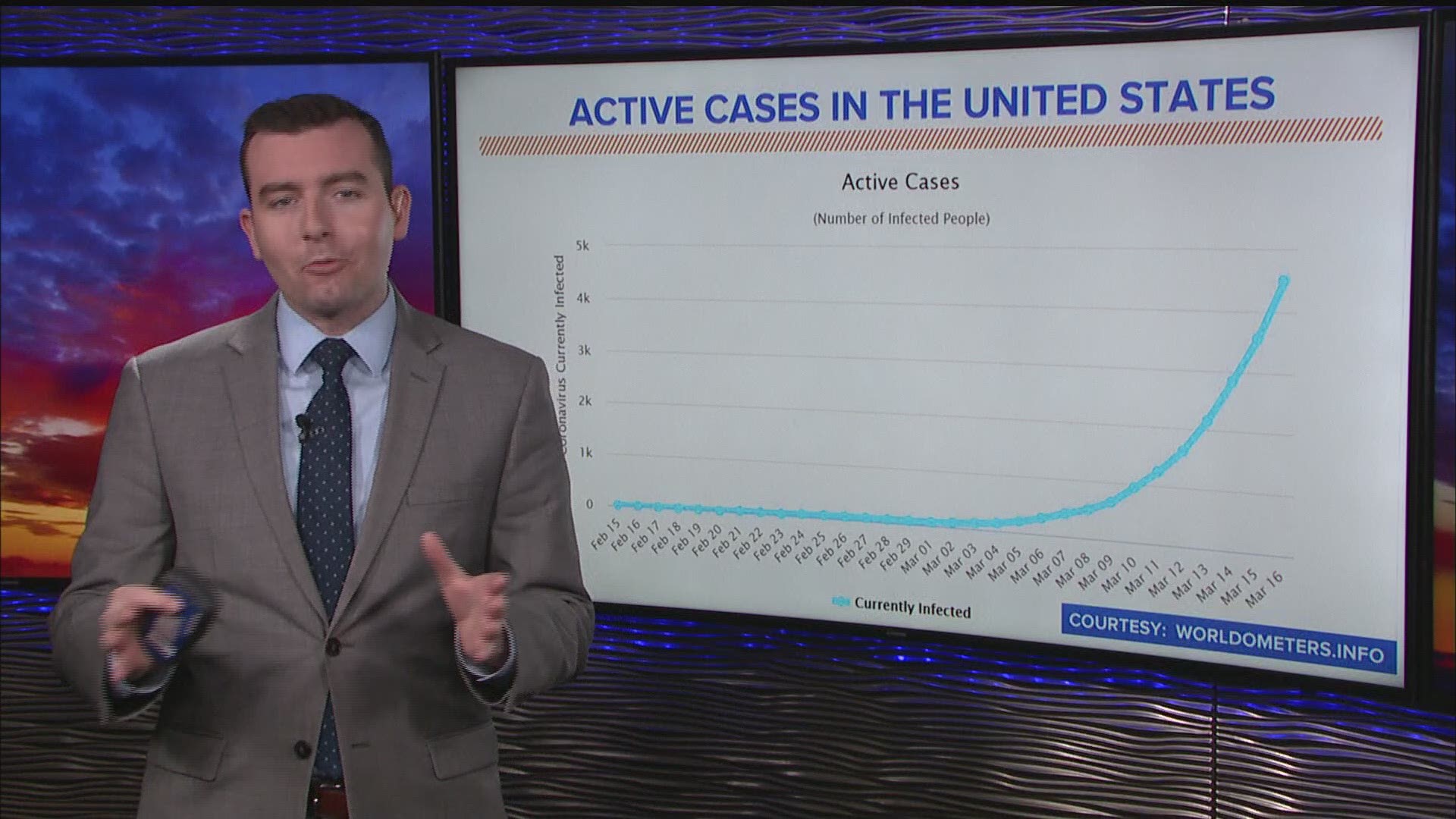MASSACHUSETTS, USA — Editor’s note: You are starting to hear the term ‘flattening the curve’ as a way to stem the tide of coronavirus cases. The above video explains what that means.
In the wake of the COVID-19 crisis, many people are turning to video-teleconferencing (VTC) platforms to stay connected.
The FBI has received multiple reports of conferences being disrupted by pornographic and/or hate images, and threatening language. Reports of VTC hijacking (also called “Zoom-bombing”) are emerging nationwide.
Within the FBI Boston Division’s Area of Responsibility (AOR) which includes Maine, Massachusetts, New Hampshire, and Rhode Island, two schools in Massachusetts reported the following incidents:
- In late March 2020, a Massachusetts-based high school reported that, while a teacher was conducting an online class using the teleconferencing software Zoom, an unidentified individual(s) dialed into the classroom. This individual yelled a profanity and then shouted the teacher’s home address in the middle of instruction.
- A second Massachusetts-based school reported a Zoom meeting being accessed by an unidentified individual. In this incident, the individual was visible on the video camera and displayed swastika tattoos.
As individuals continue the transition to online lessons and meetings, the FBI recommends exercising due diligence and caution in your cybersecurity efforts.
The following steps can be taken to mitigate teleconference hijacking threats:
- Do not make meetings or classrooms public. In Zoom, there are two options to make a meeting private; require a meeting password or use the waiting room feature and control the admittance of guests.
- Do not share a link to a teleconference or classroom on an unrestricted publicly available social media post. Provide the link directly to specific people.
- Manage screensharing options. In Zoom, change screensharing to “Host Only.”
- Ensure users are using the updated version of remote access/meeting applications. In January 2020, Zoom updated their software. In their security update, the teleconference software provider added passwords by default for meetings and disabled the ability to randomly scan for meetings to join.
- Ensure that your organization’s telework policy or guide addresses requirements for physical and information security.
If you were a victim of a teleconference hijacking, or any cyber-crime for that matter, report it to the FBI’s Internet Crime Complaint Center at www.ic3.gov. Additionally, if you receive a specific threat during a teleconference, please report it to us at tips.fbi.gov or call the FBI Boston Division at 857-386-2000.
At NEWS CENTER Maine, we're focusing our news coverage on the facts and not the fear around the illness. To see our full coverage, visit our coronavirus section, here: /coronavirus
NEWS CENTER Maine Coronavirus Coverage
RELATED: Maine's minor league teams join food fundraiser to help Mainers during coronavirus pandemic

